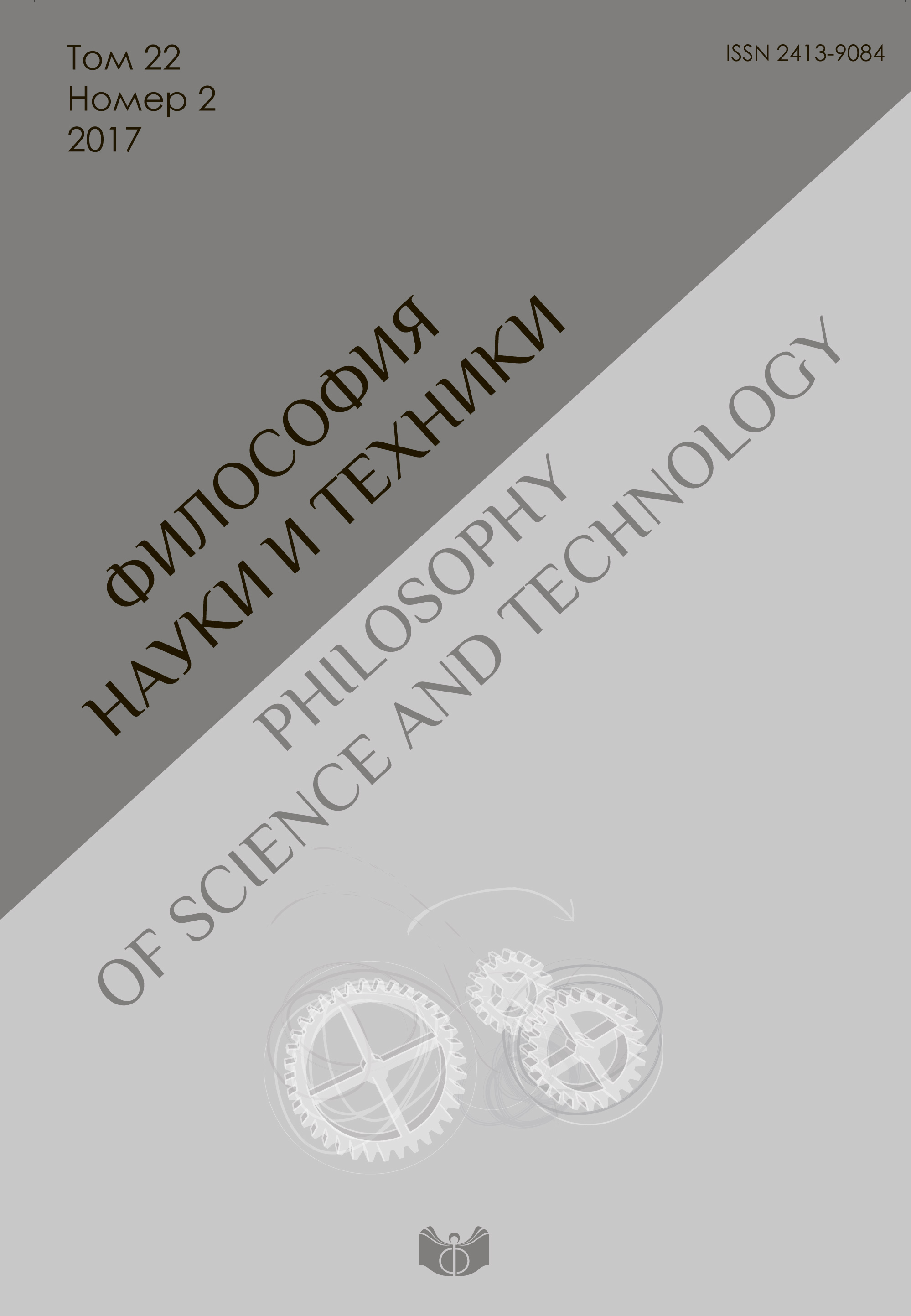Unity and pluralism of methodology of forecasting
DOI:
https://doi.org/10.21146/2413-9084-2017-22-2-29-42Keywords:
forecasting, forecast, prediction, prognostic activity, quantitative forecasting, expert forecasting, formal methods, expert methods, problem of demarcationAbstract
Article continues research of the epistemological analysis of the forecasting, that author have pursued in previous work. In this paper the focus of attention is on the problem of the diversity of methods of forecasting and the question of if methodology of forecasting has “hard core” and “auxiliary belt”. It is shown that “hard core”, if forecasting’ methodology has it, supplements the earlier specification of the forecasting goals and results and will serve for the demarcation of this field of the interdisciplinary research from other practices of working with the future, mainly in cases, when it comes to forecast social and complex socio-techno-natural reality. Author points out the invariant component in the various subject areas of forecasting. Forecasting is considered in the historical development: from 1) autonomous practices slightly connected with scientific knowledge as the form of explaining; to 2) activities methodologically oriented to searching for causal laws; then to 3) activities aimed at describing of the future state of open systems and situations thay characterized by uncertainty and dynamics irreducible to the sets of causal laws and initial conditions. Author shows that “hard core” of methodology of forecasting is the set of methodological principles, which are common for all subject areas of forecasting. Also it is shown that methodology of forecasting has kind of “protective/auxiliary belt” that makes the methodological credo of forecasting effective in a variety of subject areas. “Auxiliary belt” of methodology of forecasting performs a dual role: 1) protects hard core and 2) allows to solve problems of specific researches. It is argued that “hard core” of methodology of forecasting due to common goals and competencies of this special type of prognostic activity. And “auxiliary belt” is dictated by the universal nature of forecasting, that intended for cognition of the future state of objects of any nature, including those that belong to several disciplinary areas. To demonstrate the forming of “hard core” of methodology of forecasting and the interaction of its “hard core” and “auxiliary belt” author especially thoroughly analyzed the expert forecasting. It allows explaining the pluralism of forecasting methodology as however limited by “hard core”. The system of eight principles composing “hard core” is proposed as system of criterion for demarcation of forecasting from others types of prognostic activities.











